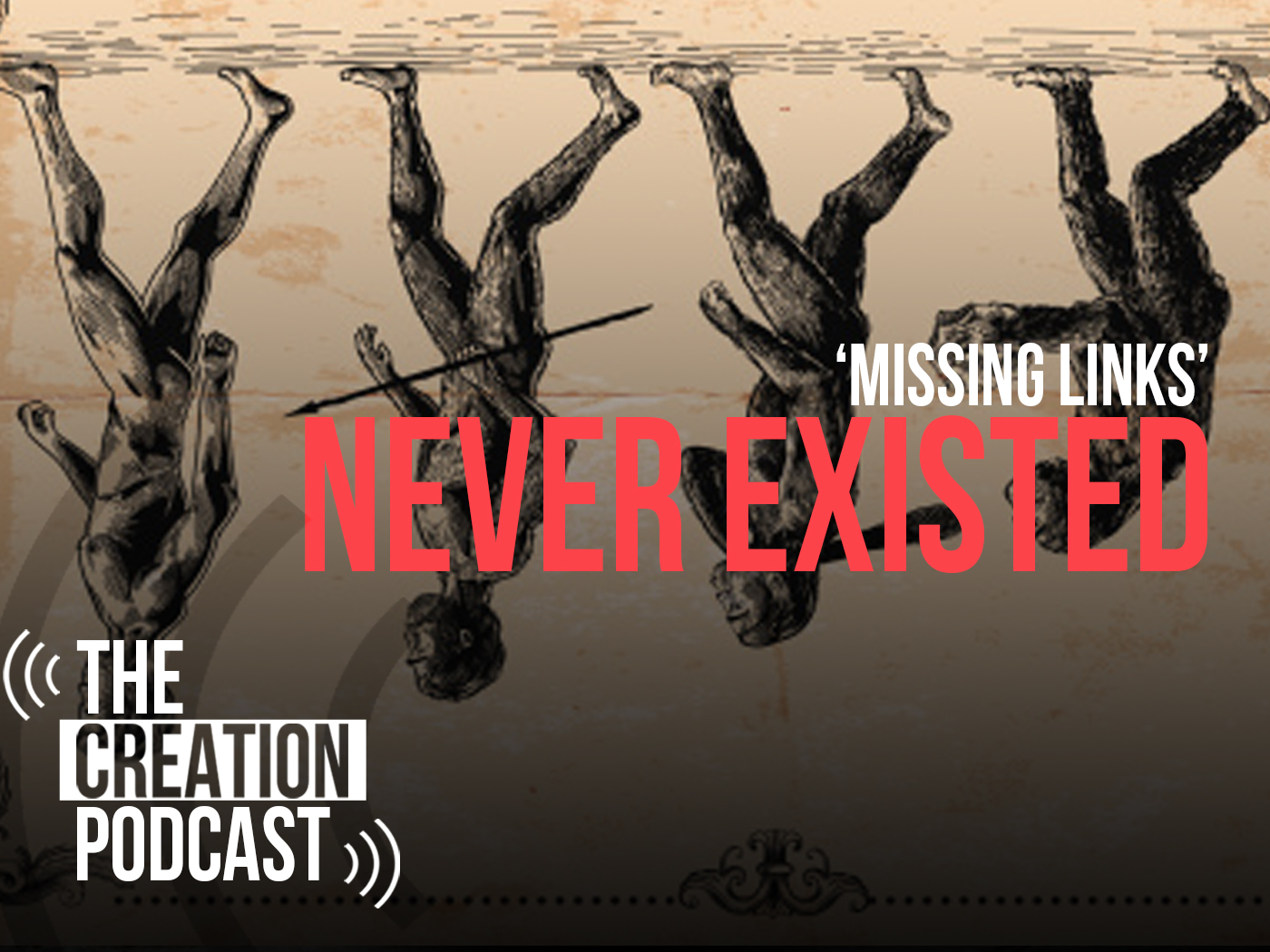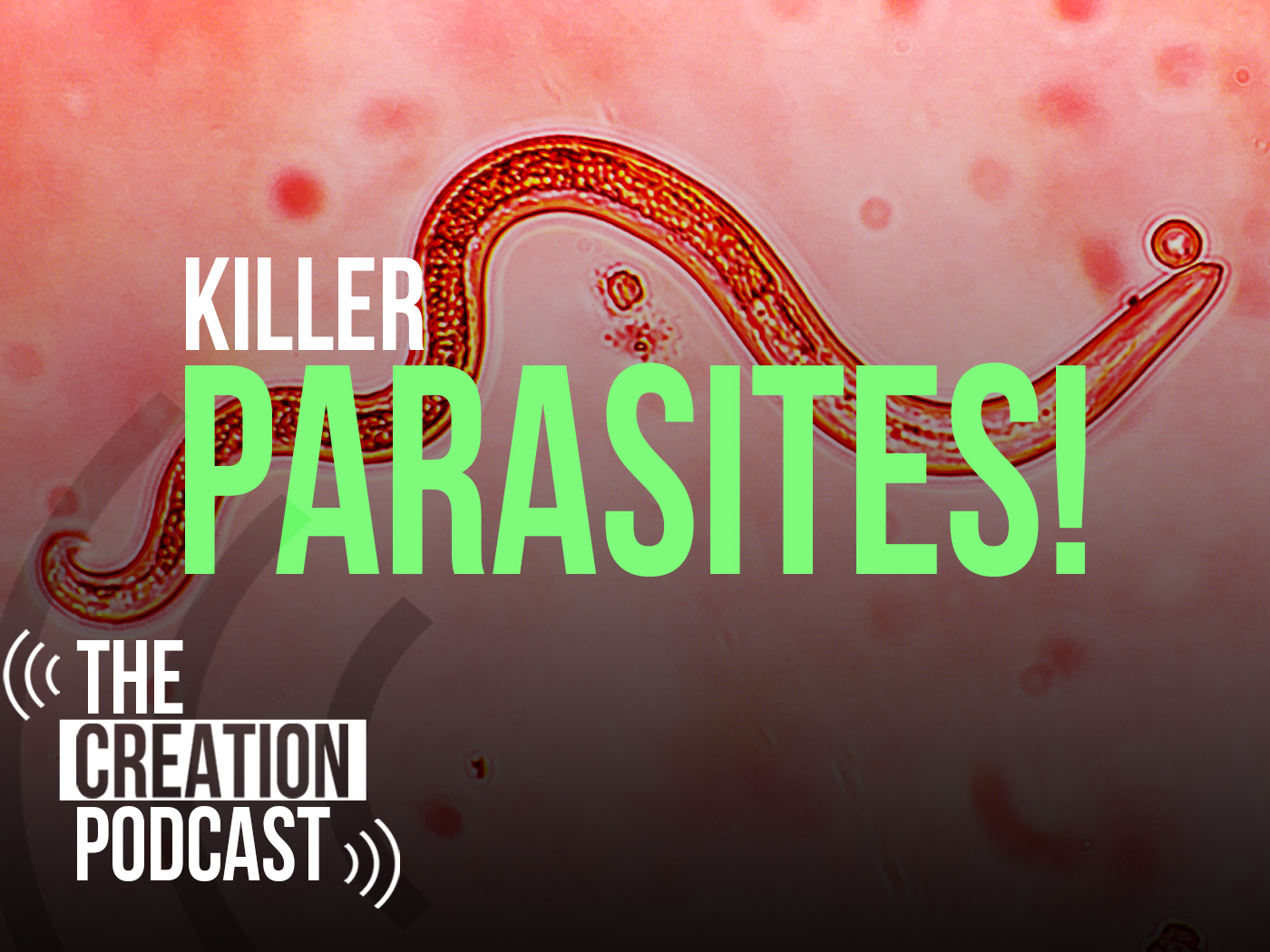Search Tools
New Defender's Study Bible Notes
10:5 he saith. Hebrews 10:5-7 (supplemented by further quotes in Hebrews 10:8-10) are an interpretive quotation from Psalm 40:6-8, confirming that the fortieth psalm is an important Messianic psalm, probably depicting the thoughts of Christ as He was hanging on the cross.
10:5 a body. “Mine ears hast thou opened” (Psalm 40:6) is here translated as “a body hast thou prepared me.” The openings in the ear of an indentured servant (see Exodus 21:6) indicated the intent of that servant to serve his master forever, as it were, hearing only the voice of his master and doing only his will henceforth. This was a type of Christ, who willingly became a bondservant (Philippians 2:5-8), willing even to die in accord with His Father’s will. But before He could do this, He had to have a human body, with human ears.
10:5 prepared me. The word “prepared” here (Greek katartizo) is the same word translated “framed” in Hebrews 11:3. That is, God formed the human body of His Son with the same mighty power and wisdom with which He had formed the universe. This can only mean that the body of Jesus, like that of Adam, was a special creation, not formed by the normal process of genetic inheritance.
10:7 the book. The book of God had been written in heaven long before it was transmitted to men on earth, and this certainly included God’s great plan of redemption. Note Psalm 119:89; 139:16; then also I Peter 1:18-20; Revelation 13:8.
10:7 thy will. The Lord Jesus Christ frequently confirmed the fact that He had come into the world specifically to do the will of His Father (e.g., John 4:34; 5:30; 6:38).






